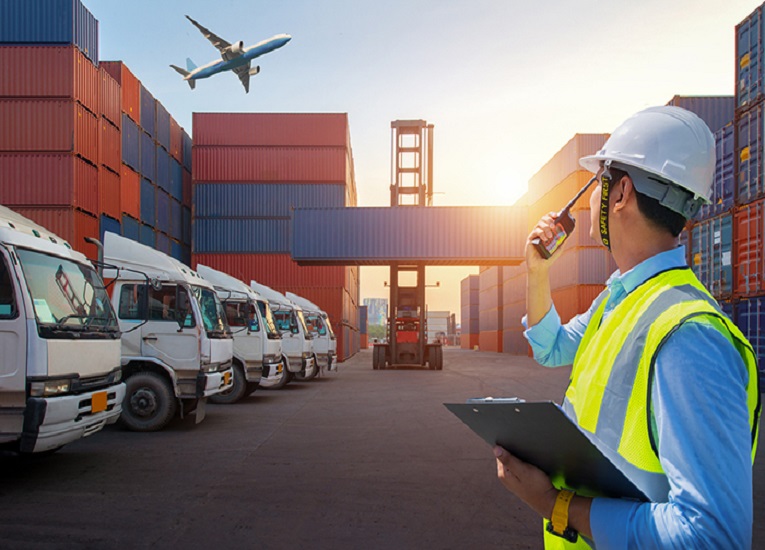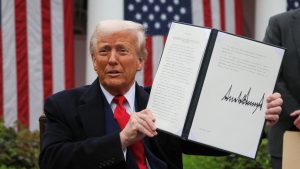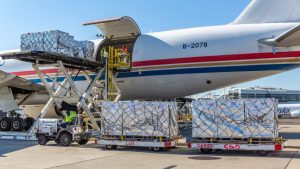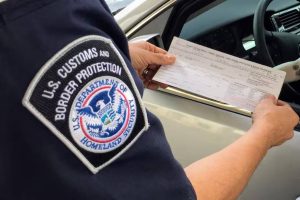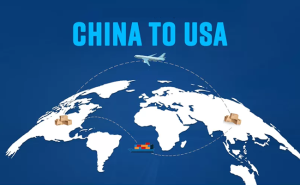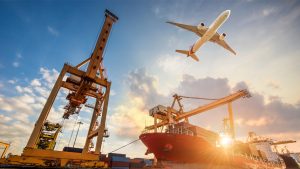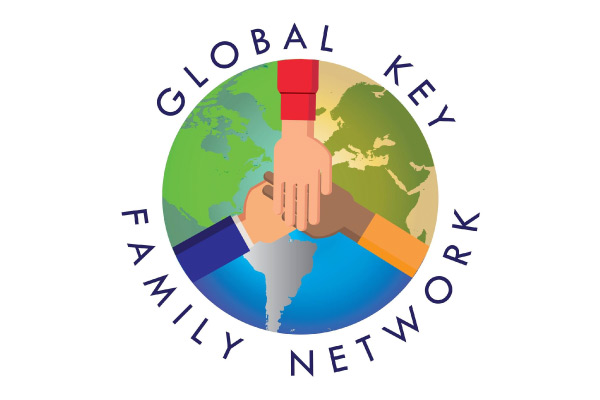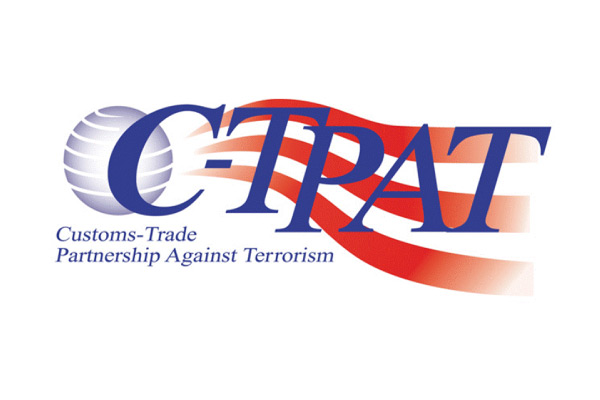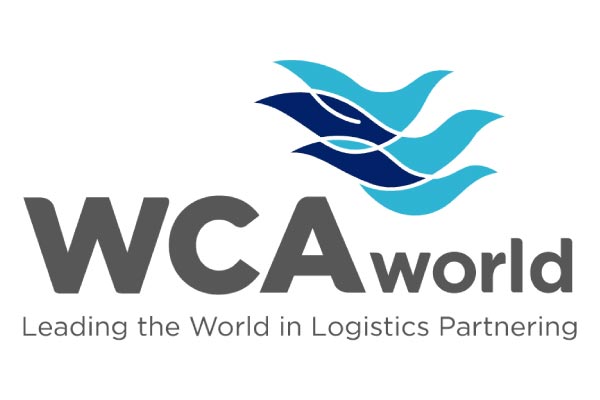The functions of a customs agent are diverse and complex. Below are some of the key responsibilities:
International trade is a vital component of the global economy, facilitating the exchange of goods and services between countries.
In this complex process, the customs agent plays a crucial role, acting as an intermediary between importers, exporters and customs authorities, ensuring that all transactions are carried out in accordance with applicable laws and regulations.
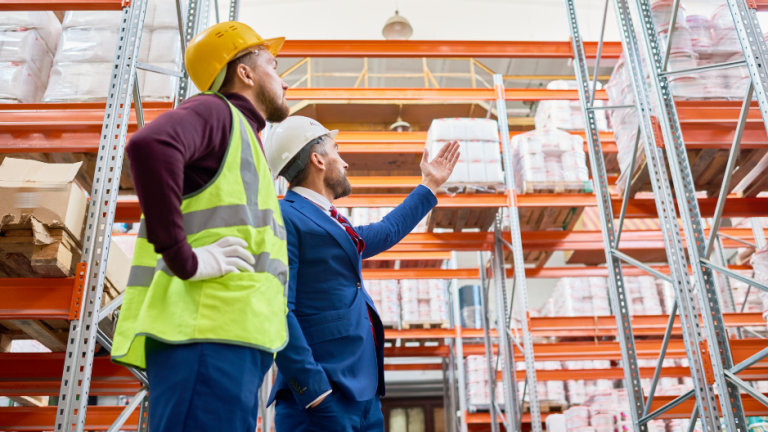
Functions of the Customs Agent
The functions of a customs agent are diverse and complex. Below are some of the key responsibilities:
- Tariff classification:
Correctly identify and classify imported and exported goods according to the Harmonized Commodity Description and Coding System (HS), which determines applicable tariffs and specific regulations.
2. Document Processing:
Prepare and submit all documents necessary for customs clearance, such as commercial invoices, certificates of origin, packing lists, and import/export permits.
3. Payment of Duties and Taxes:
Calculate and arrange the payment of duties, taxes and other charges related to the import and export of goods.
4. Regulatory Compliance:
Ensure that all transactions comply with national and international laws and regulations, including import/export restrictions, quotas and trade sanctions.
5. Client Advice:
Provide expert guidance to clients on best practices and strategies to minimize costs and avoid delays in customs clearance.
6. Management of incidents:
Resolve problems that may arise during the customs process, such as documentation discrepancies, merchandise holds, or tariff disputes.

